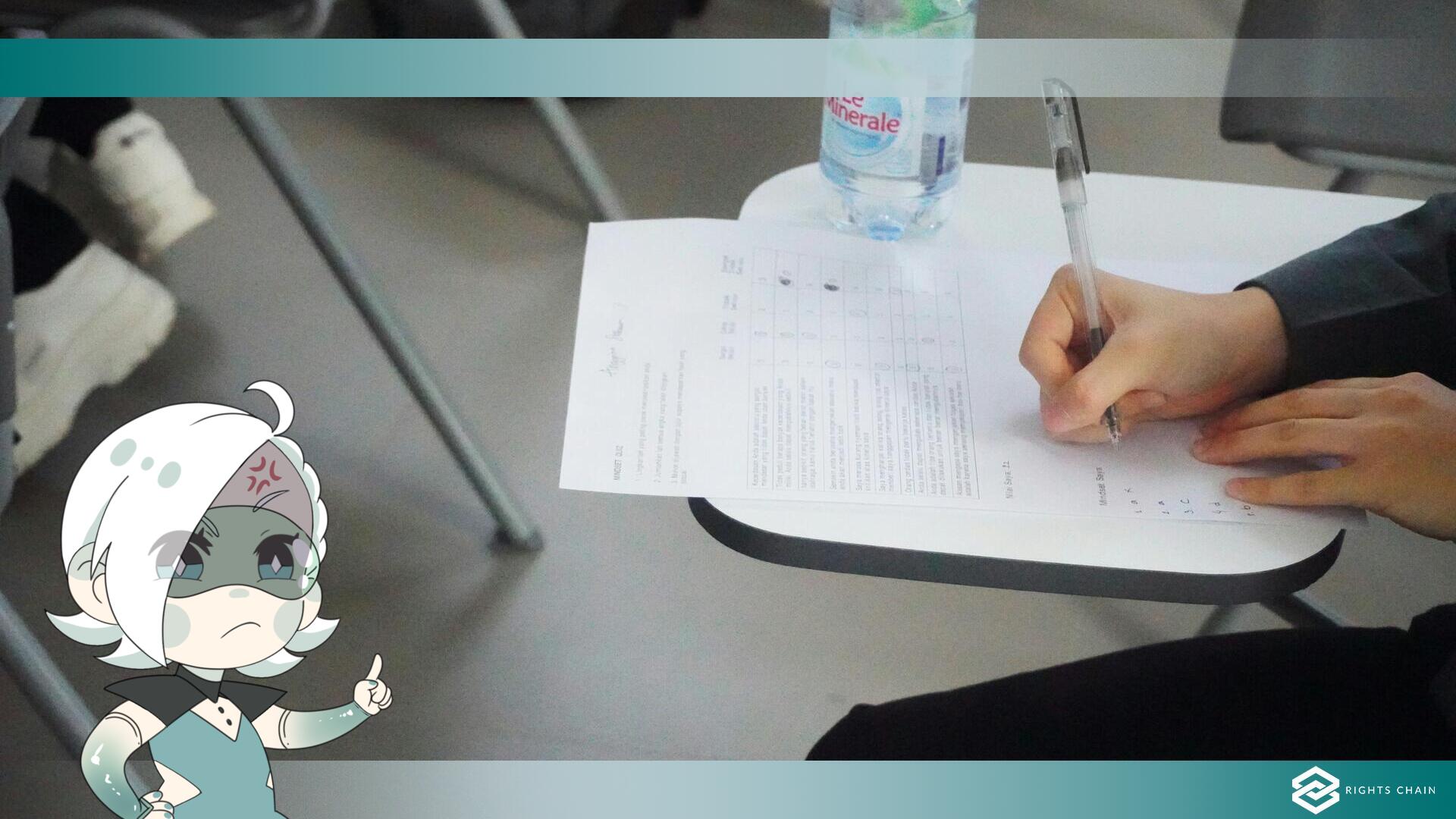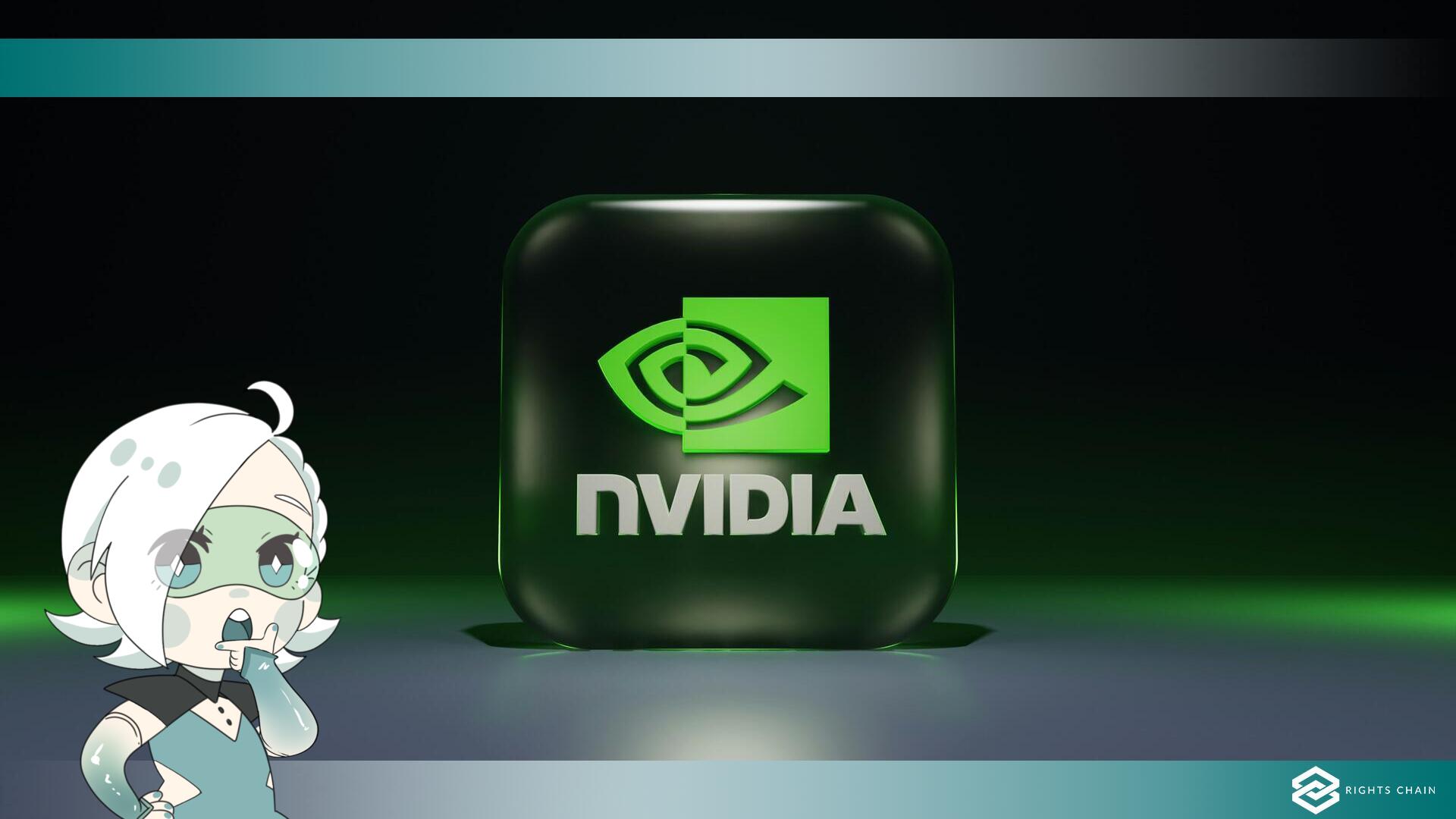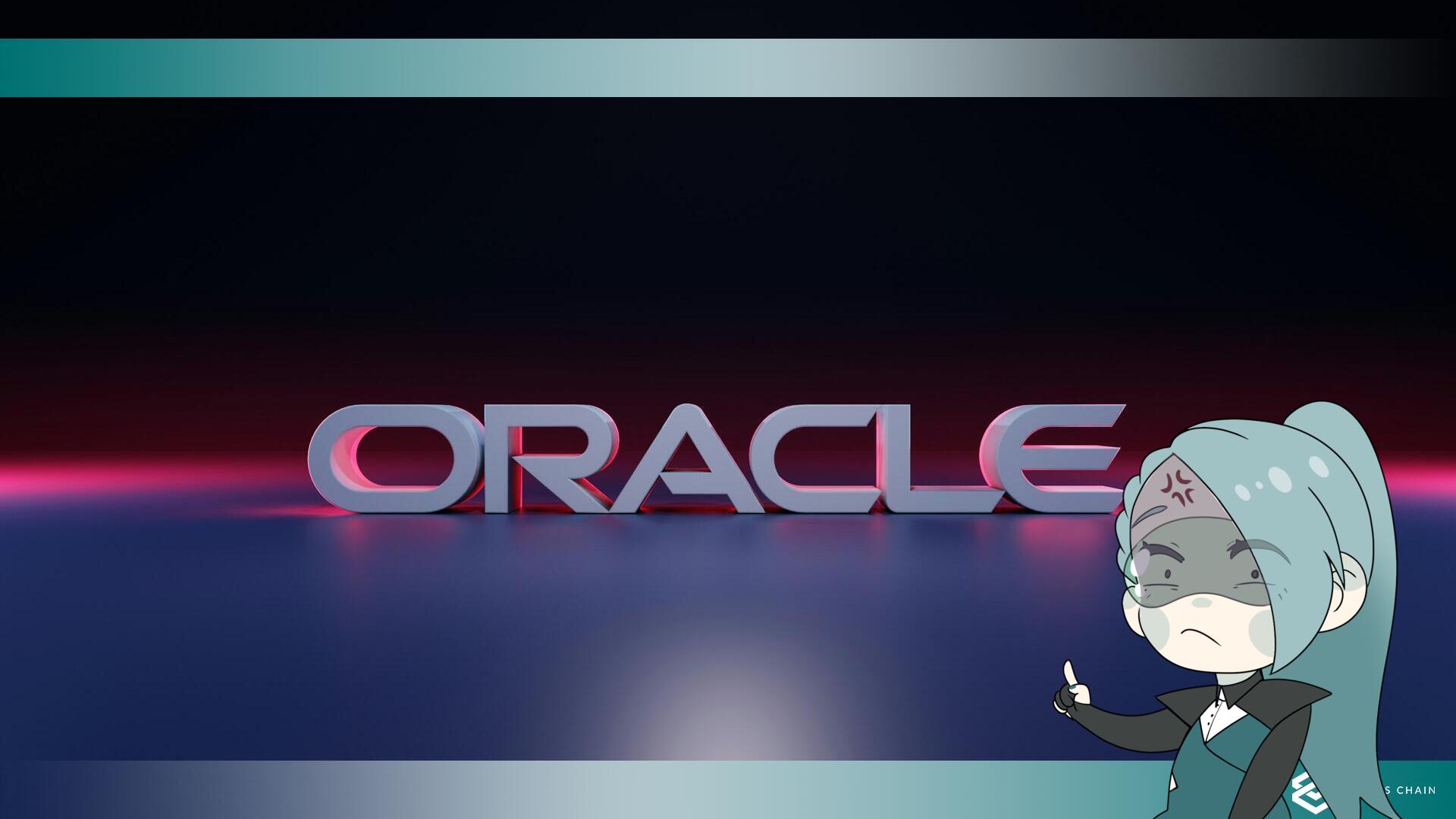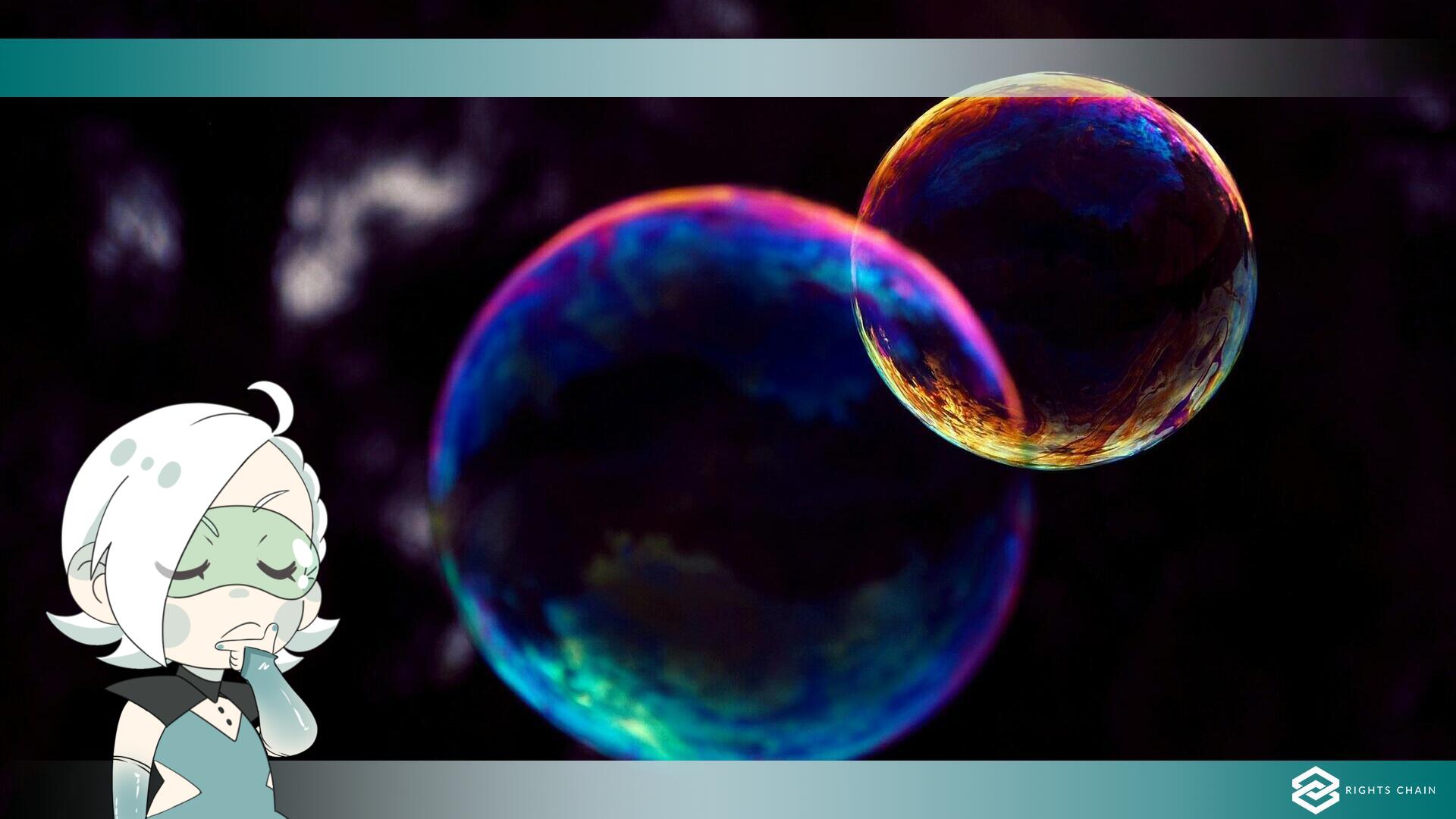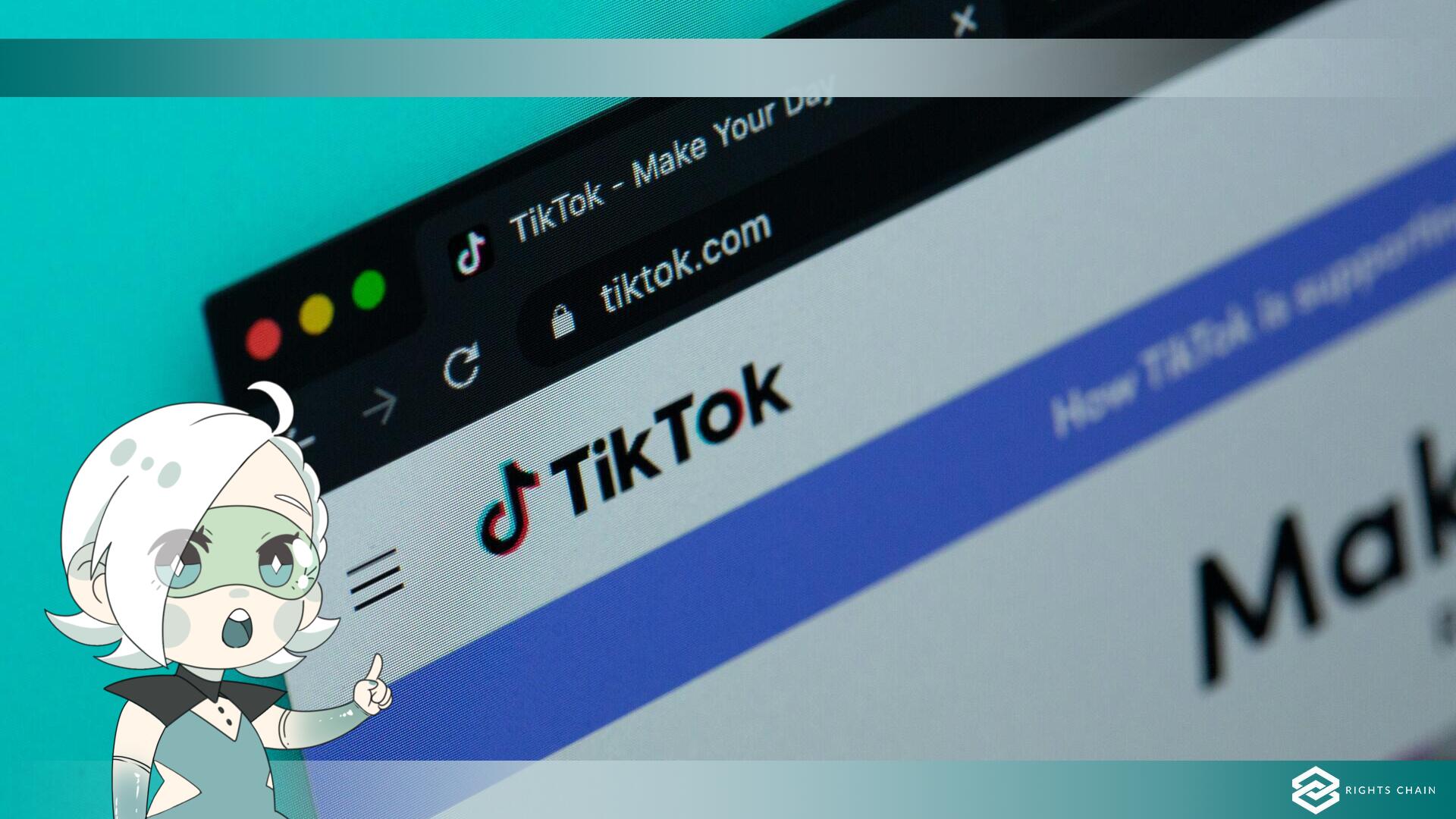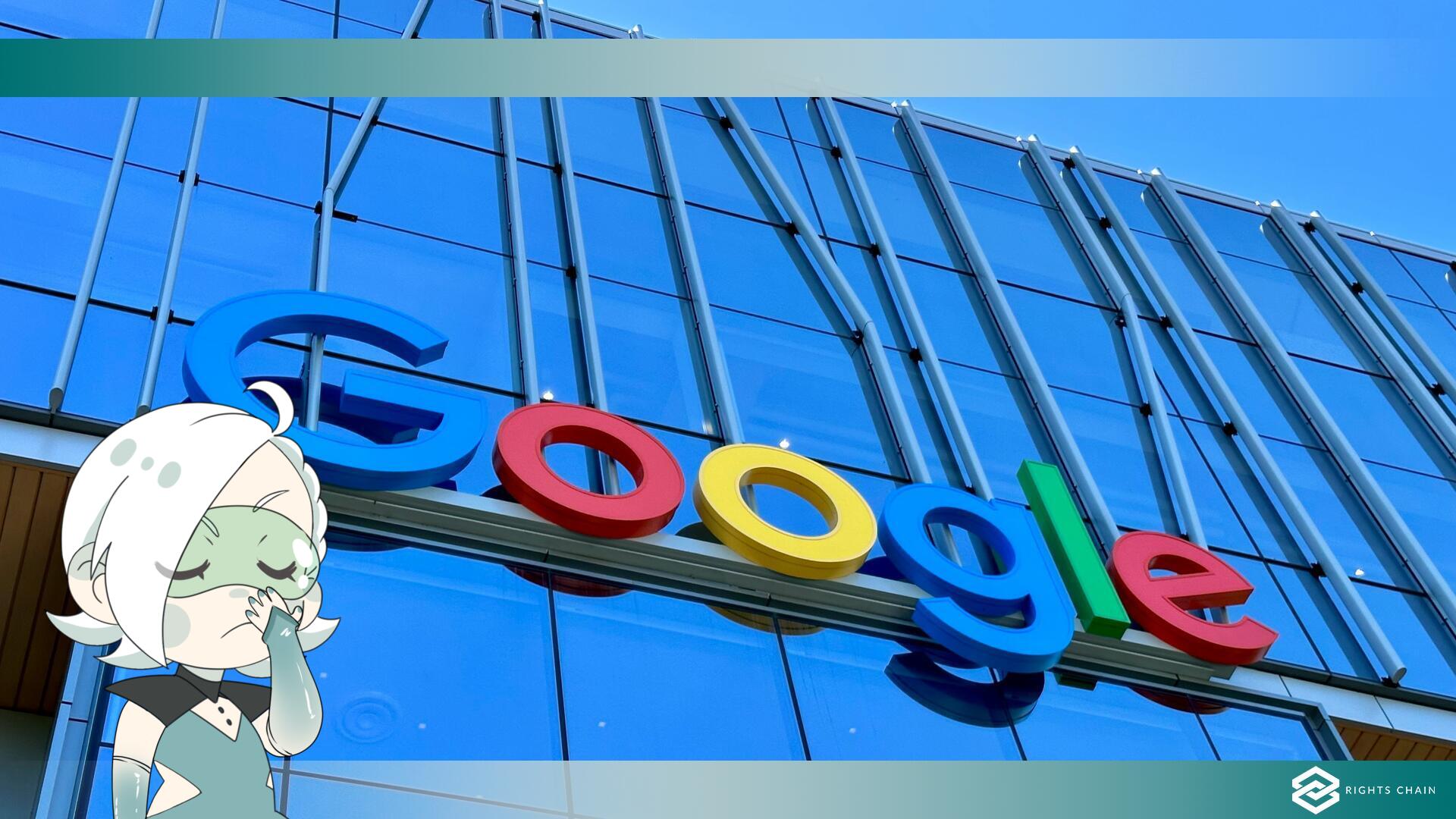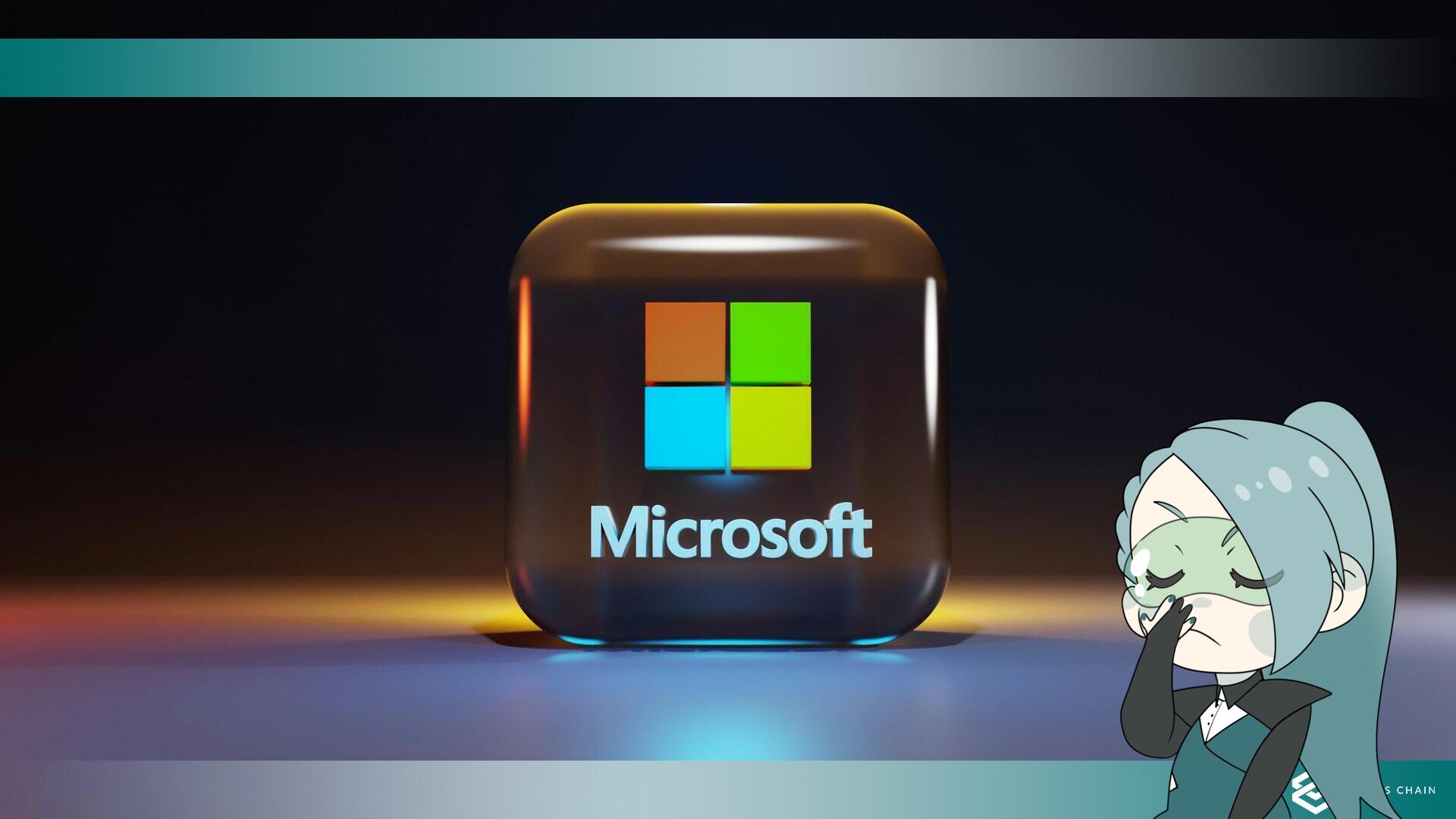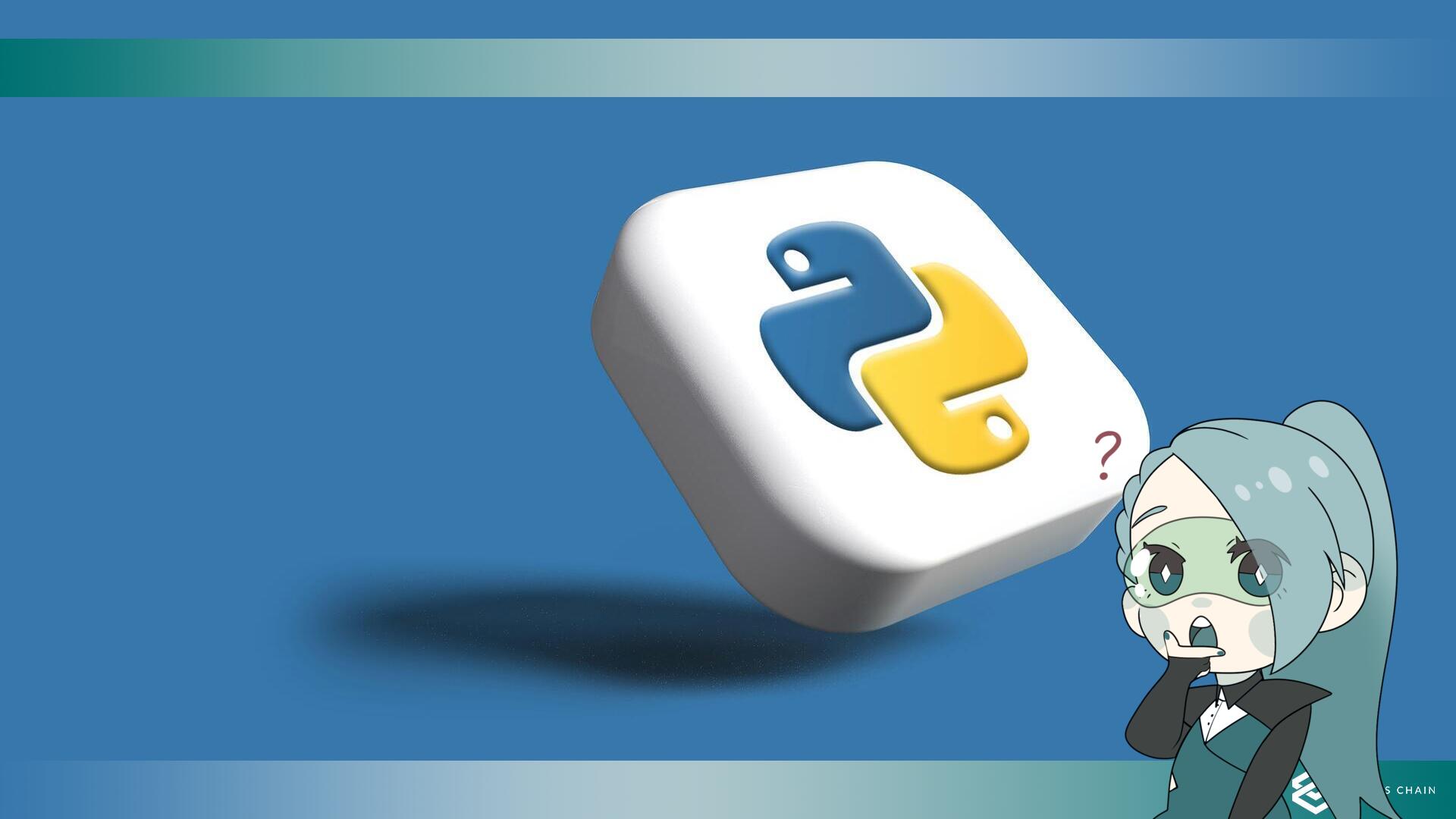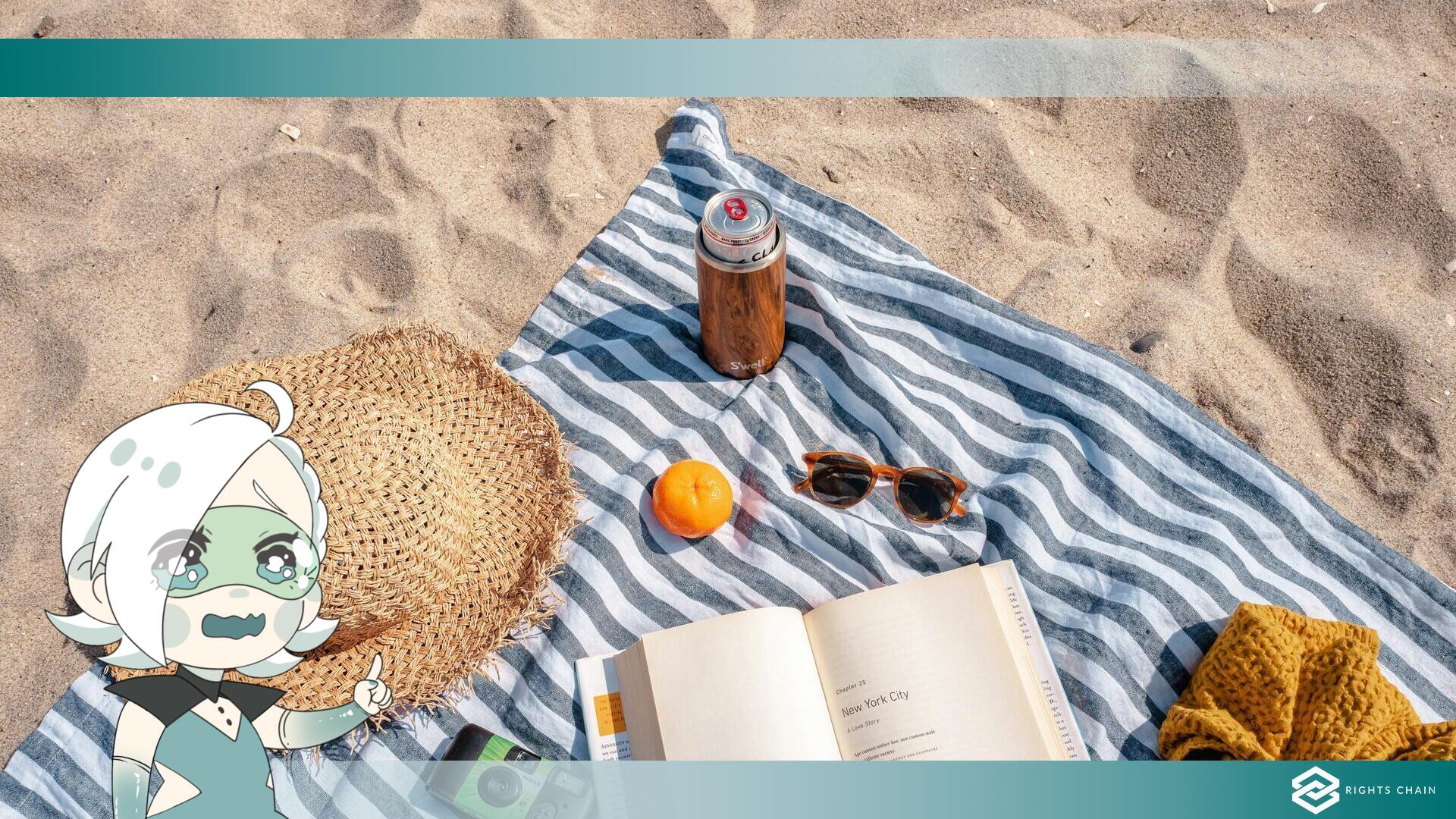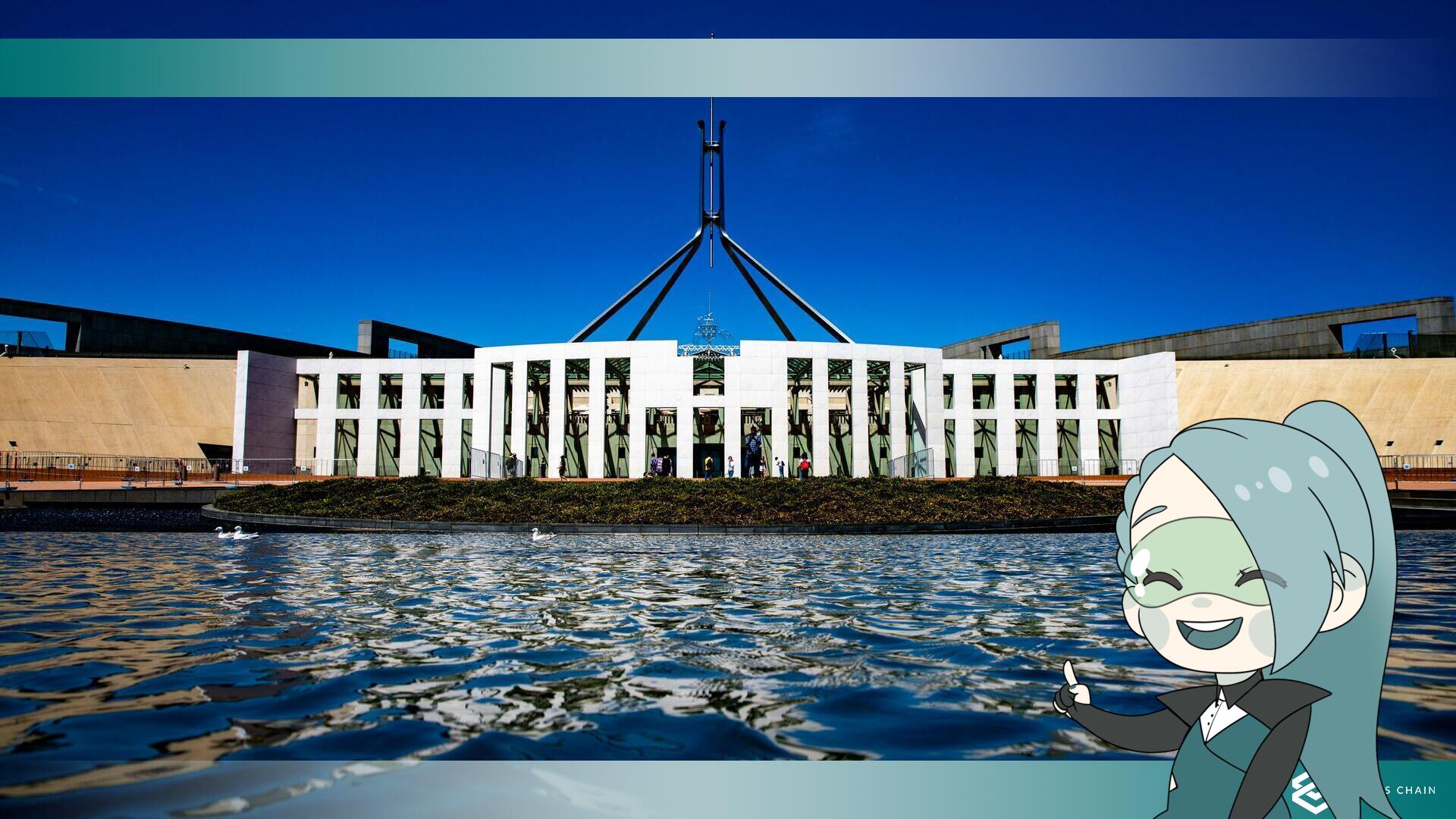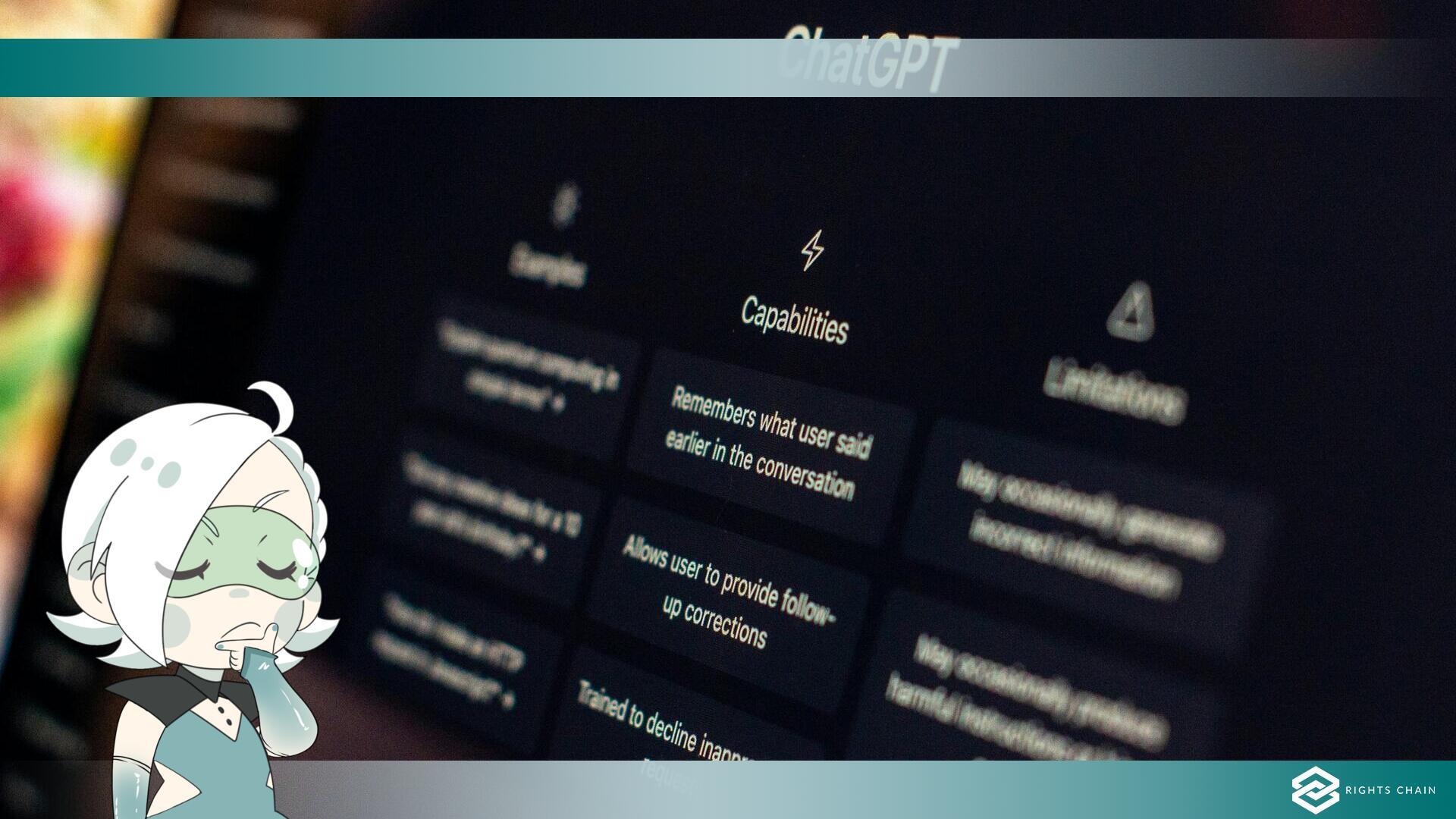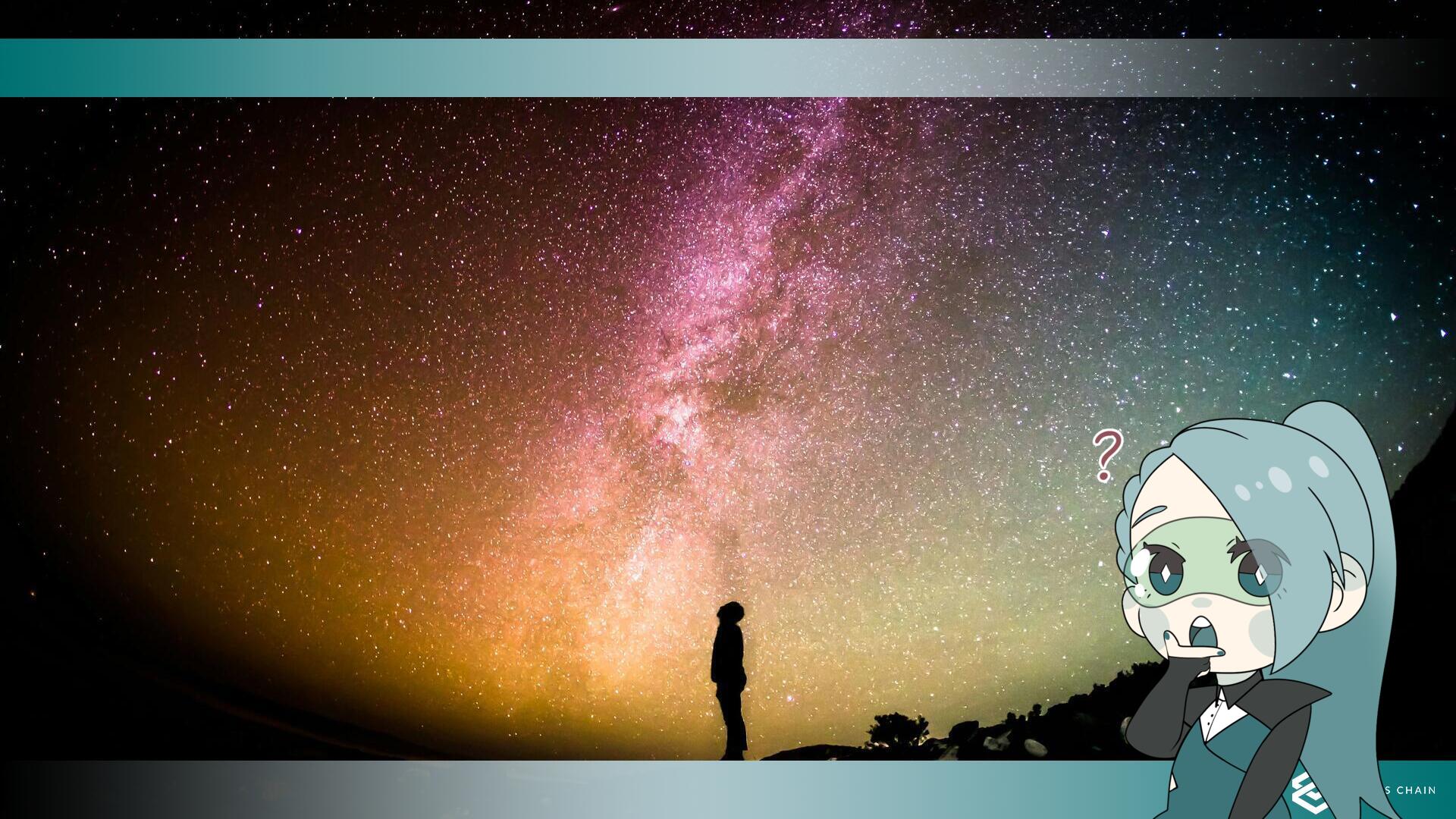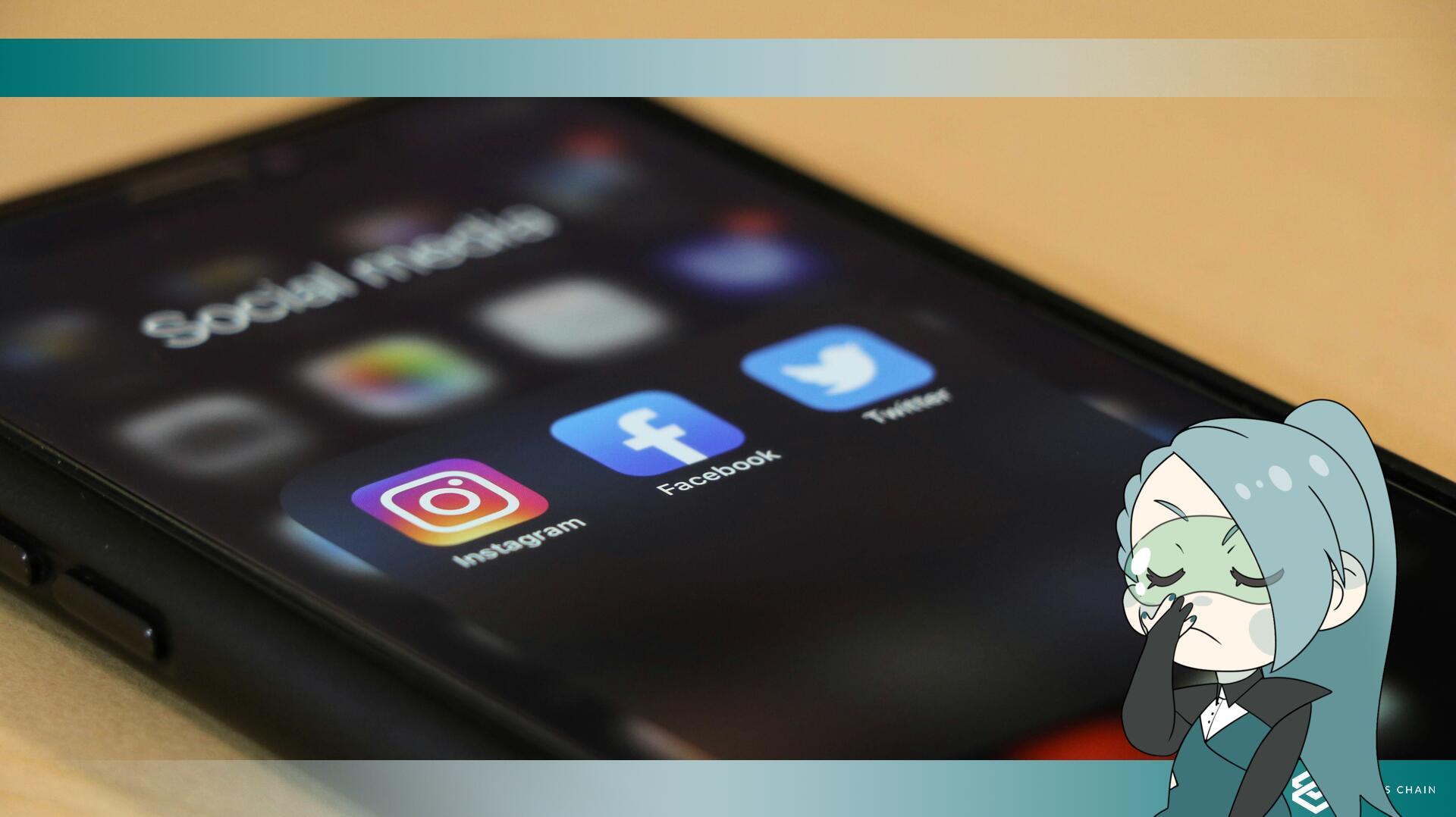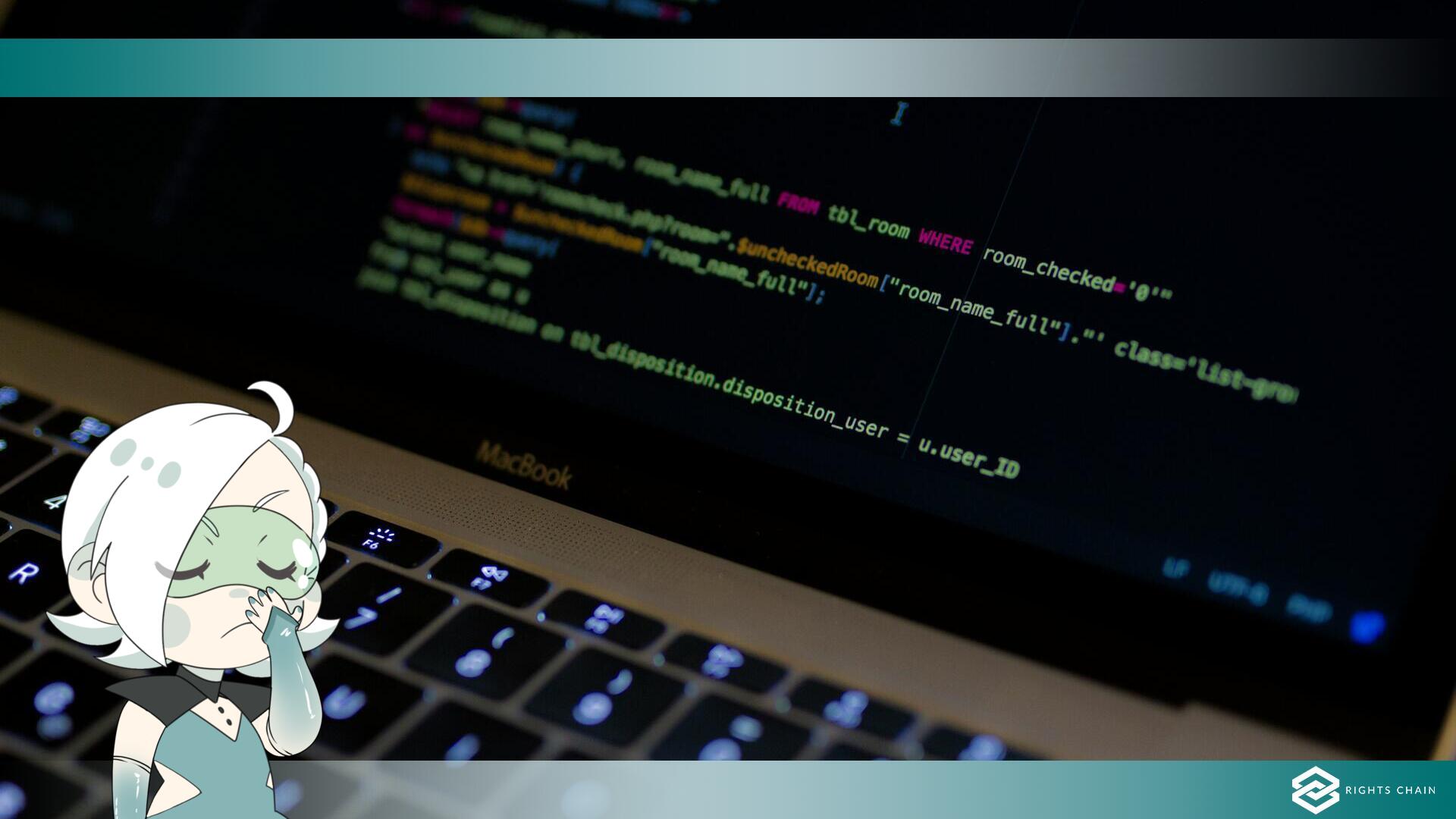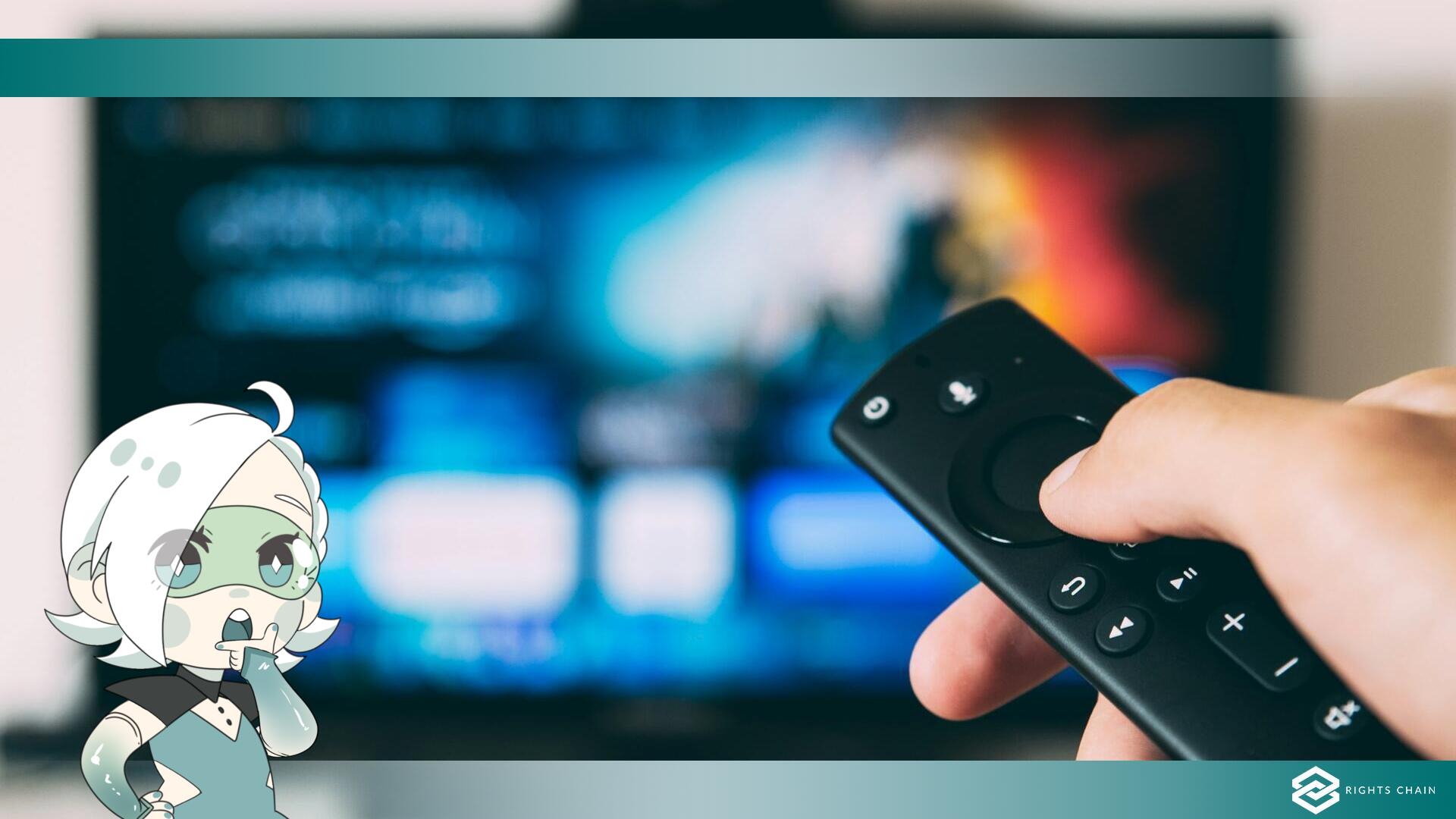If you don't read the newspaper, you're uninformed. If you read the newspaper, you're mis-informed.
Mark Twain
World News
45% of the EU's total economic activity is attributable to the intellectual property industry worth EUR 6.6 trillion in Patents, Trade Marks, Industrial Design and Copyright. (25 September 2019, EUIPO)
We have collected in these pages a set of articles and news from around the world on the topic of Intellectual Property and Copyright, selected and verified by our Press Office.
One in four unconcerned by sexual deepfakes created without consent, survey finds
2025-12-05 The Guardian
According to a survey commissioned by the British police, one in four individuals consider themselves “neutral” (12% of responses) or believe that there is nothing wrong with using deepfake technology to create erotic content (13%), even when the subjects depicted have not given their consent. The main topic of the...
Two Big Investors Just Offloaded All Their NVIDIA Shares
2025-12-04 Motherboard - Vice
The current economic situation within the tech industry has reached unprecedented levels; due to the unstoppable rise of artificial intelligence, in fact, the eyes of the entire world are focused in one direction: the development and continuous support of the hardware necessary to fuel the improvement of this technolog...
What Larry Ellison Doesn’t Want You To Know
2025-12-03 More Perfect Union - Youtube
Some of the most influential people in the world today remain outside the general consciousness and culture of the people. The lack of knowledge about some of these figures is worrying; not knowing their names, their faces, their intentions puts viewers, ordinary people, those who suffer the consequences of their choic...
Inside the California lab that shows the contradiction at the heart of the trillion-dollar AI race
2025-12-02 BBC
Google CEO Sundar Pichai, known for his extreme reserve, recently opened the doors of the Googleplex, the company's headquarters in California, to show it to the rest of the world. Inside the campus laboratory now resides one of the most potentially valuable objects for the economy of the entire planet, a tiny square n...
TikTok is letting users control how much AI content they see
2025-12-01 The Verge
Tired of yet another artificially generated video on your For You Page? Finally, TikTok, the online entertainment giant, will allow users to control the amount of AI-generated content that appears on their screens. It will be possible to view more or less, a change that will allow app users to tailor their experience t...
Don't blindly trust what AI tells you, says Google's Sundar Pichai
2025-11-28 BBC
Trusting artificial intelligence is never a particularly wise idea. Generally, most users who are accustomed to surfing the Internet (responsibly) are quite used to taking information obtained from online sources with a pinch of salt. However, since AI appears as the first result following any search on a browser such ...
Microsoft CEO says the company doesn't have enough electricity to install all the AI GPUs in its inventory - 'you may actually have a bunch of chips sitting in inventory that I can’t plug in'
2025-11-27 Tom's hardware
The frightening rise of artificial intelligence has just become even more terrifying. The current situation in the tech industry is peculiar, in that mountains are being moved (almost literally, considering the environmental damage) to ensure that all innovations have a chance to function, improve and grow, but a point...
Python rejects $1.5M grant from U.S. govt. fearing ethical compromise
2025-11-26 Bleeping Computer
Obtaining government funding is generally not a particularly easy task. Companies, research groups and individual professionals struggle to obtain the funds they need to finance their activities, often ending up without any support whatsoever. The Python Software Foundation, on the other hand, recently withdrew its pro...
How ByteDance became the leader in China among artificial intelligence chatbots, ousting DeepSeek
2025-11-25 WIRED
DeepSeek, a Chinese company specialising in artificial intelligence and Large Language Models, caused quite a stir at the beginning of 2025, only to disappear into nothingness. The fame it achieved in a matter of months at the beginning of the year had surprised the entire Silicon Valley, and beyond. Bytedance, the com...
If you can’t afford a vacation, an AI app will sell you pictures of one
2025-11-24 The Verge
The art of ‘manifestation’ is a practice that is gradually gaining popularity in various parts of the world, including Italy. It consists of building a belief so strong that it makes your desires come true, from the simplest to the most complex; it is recommended to act, behave and live as if these desires had alre...
Labor rules out giving tech giants free rein to mine copyright content to train AI
2025-11-21 The Guardian
Following a series of requests and particularly negative reactions from various professionals in the creative field, the Albanian Government (on behalf of Australian Prime Minister Anthony Albanese) recently announced its long-awaited decision on a particularly popular topic in the current social-tech context.
Accordi...
ChatGPT's new browser has potential, if you're willing to pay
2025-11-20 BBC
As mentioned in yesterday's article, OpenAI has recently released its own search browser, called ‘Atlas’. This project is accompanied by an artificial intelligence agent, an integrated feature designed to perform tasks autonomously, which is a potentially useful addition but, unfortunately, subject to several secur...
The glaring security risks with AI browser agents
2025-11-19 Techcrunch
For the vast majority of current users of the vast world of the internet, Google has always been the search engine par excellence, to the point that we are now accustomed to the verb “to google” - we no longer use the word “internet” to refer to the online search network, this world is increasingly being reduce...
New Research Shows Deepfake Harassment Tools Spread on Social Media and Search Engines
2025-11-18 404 Media
Nowadays, it is increasingly common to hear about unethical AI services, whose use often borders on and crosses into illegality, but how is it possible that such a sensitive and potentially illegal topic can spread across the Internet at such an unprecedented speed, becoming the talk of the town? In the collective imag...
AI Dataset for Detecting Nudity Contained Child Sexual Abuse Images
2025-11-17 404 Media
Sadly, following the rapid rise of artificial intelligence, this tool has been increasingly misused to generate nude images and, more specifically, to “artificially undress” subjects appearing in any visual material fed into it. In order to combat the shameful use of a resource that boasts far more noble potential,...
Samsung’s New AI TV App Is Perplexing
2025-11-14 Motherboard - Vice
In October 2025, South Korean multinational company Samsung announced the launch of a new application for its smart TVs. The app is managed by Perplexity AI, a renowned company specialising in artificial intelligence, founded in 2022 and known for its search engine. However, the service offered through Samsung televisi...
